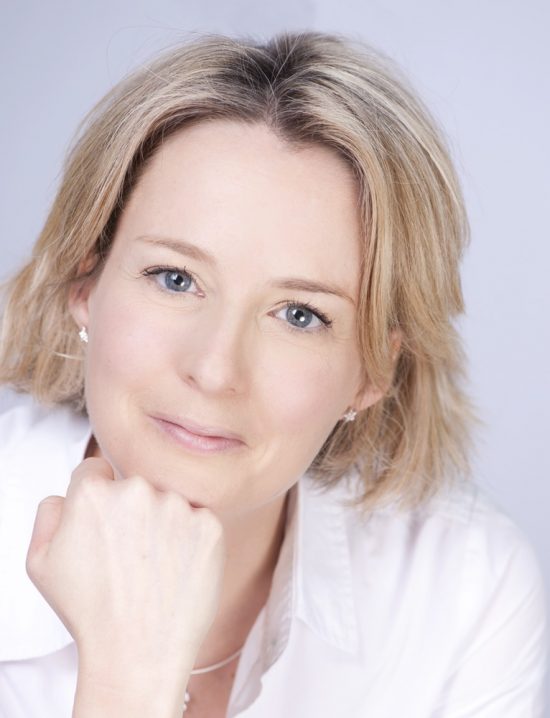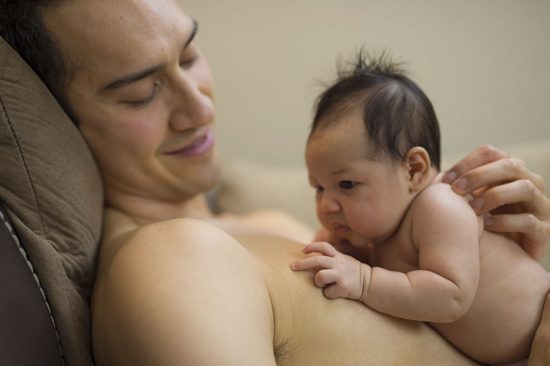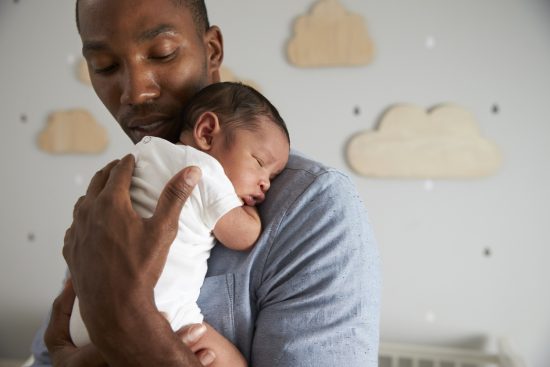We spoke to Dr Anna Machin about her fascinating new book that explores the crucial role of fathers in society. Find out why and how dads are different parents to mums…and why that’s actually a real positive

Anthropologist Dr Anna Machin started writing about dads when she felt her husband was treated like a bystander during and after the difficult birth of their baby.
When she looked at literature to find out what we knew about dads as a society, she was shocked to find it was very little. She began exploring the question and wrote a book about what she learned, The Life of Dad: The Making of the Modern Father.

In one sense it hasn’t changed that much – there have always been dads who want to affectionately care for their children. However, dad’s role is greatly influenced by societal pressures and trends largely because of the restriction, until recently, on women (especially mothers) working in the West. Fathers have been the main wage earner meaning that they are inevitably more distant from their children.
However, we need to remember, and I stress this in Life of Dad by exploring fathering globally, that there are some cultures where dads have always co-parented because their societal circumstances have enabled them to.
In the West, we have had this very strong sexual division of labour where women care and men earn, but this is changing as our society becomes more aware of the value of dads to their children, regardless of who dad is.
The role of dad has evolved in more recent years
Within the West, the role of the dad has evolved in recent years towards more hands-on involvement. This is because of several societal changes – including reduced post-birth hospital care, increased geographic distance from our extended family and a need for both parents to work outside the home.
This has meant that in many cases dad has had to step up to plug the gaps in caring. As men have begun to understand how uniquely important they are to their children it has encouraged, even empowered them, to want to be more involved.
The one phrase that I hear again and again when I talk to dads is their desire to be fully present in their children’s lives. To not simply be the absent wage earner but be a true co-parent.

Quite a few! The biggest change is to a man’s testosterone level. When a man becomes a father for the first time his testosterone level drops and it never returns to pre-birth levels.
This is critical to becoming a dad because of testosterone’s role in mating behaviour. Testosterone is great when you are looking for a mate because it motivates you to work hard to find a partner. But once you have that partner and choose to have children, it is a hindrance as you need your focus to be within the family rather than searching for another mate.
We know that men with the lowest testosterone are the most sensitive and responsive fathers, and experience the biggest impact from oxytocin and dopamine, which are involved in building the bond between baby and dad. So that drop in testosterone might sound scary, but it is replaced with the most powerful and rewarding bond with your child.
And there are quite drastic psychological changes. A man’s personality changes meaning that he is more interested in spending time at home with his family than going out and socialising.

In the very first instance the dad’s journey to forming a bond is different from mum’s because they do not benefit from the head start giving birth gives a mum. Birth triggers a flood of oxytocin, dopamine and beta endorphin which have roles in the physiological processes of labour and pain but are also powerful bonding and reward chemicals.
Dad has to form his bond by interacting with his baby; cuddling, singing, dancing, massaging and playing – the more active and the more touch involved the better as these activities release oxytocin, dopamine and beta endorphin. So, make sure you get that skin-to-skin after birth as well as mum.
But in the early weeks this means his opportunities to bond are restricted because baby is so centred on mum for food and because the baby is developmentally unable to have a two-way relationship; dads often say they feel they are giving a lot but getting little back. Therefore, dad’s bond can take longer to form than mum’s.

Once six months arrives and the baby is able to respond to dad by giggling, babbling and smiling, then a really wonderful two-way relationship starts to develop. And the best thing to do to cement this is to play!
Rough and tumble play in particular is a great, quick way to bond with your baby and it is almost exclusively seen between dads and their kids. Laugh, tickle, run around and jump together as this produces floods of bonding hormones.
It is a great way to get to know each other because you have to learn to coordinate your behaviours and respond quickly to each other. So while dad might be dismissed as the fun parent, he is actually doing the best thing for his relationship with his baby.
Remember that, like mum, you have been shaped by evolution to be a parent, you are equally as instinctive. But you are also crucially different so don’t see mum as the gold standard parent or yourself as secondary. What you bring to your baby’s life is unique and vital so take confidence in this; you have the inbuilt potential to be an amazing dad.
Read our articles on bonding and caring for your baby for dads and partners.
Watch our video on what it’s like to be a new dad.
Meet dad buddies at one of our antenatal courses.